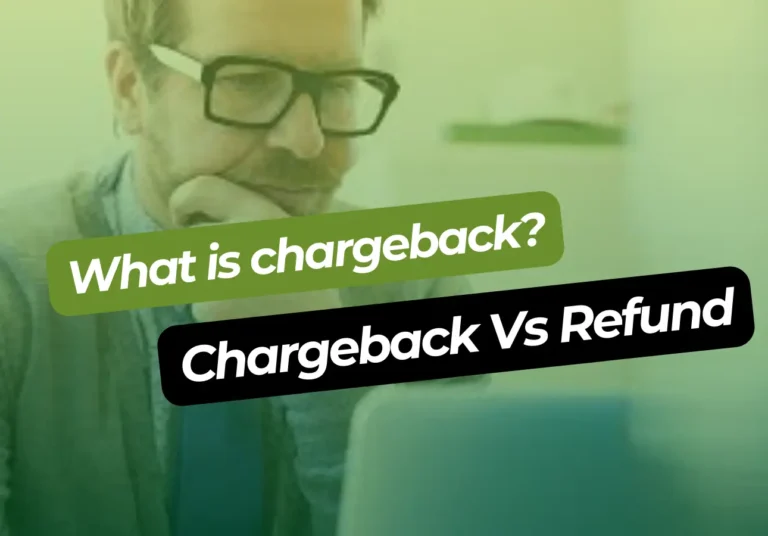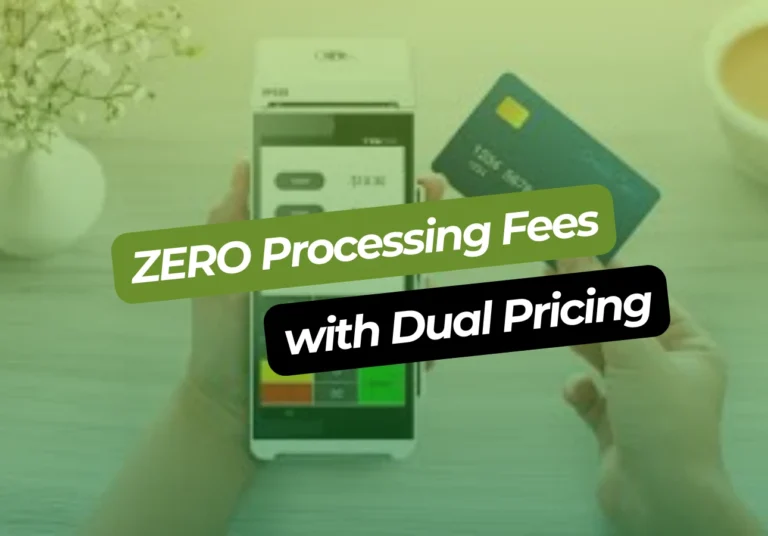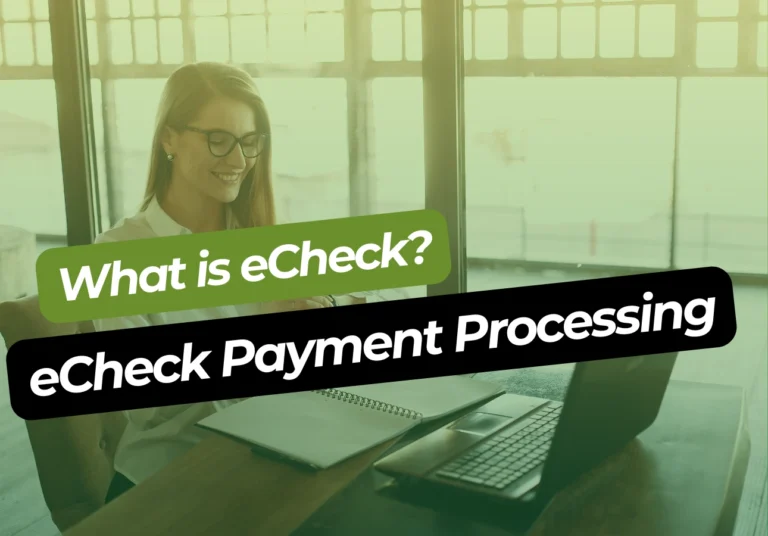What is PCI Compliance? 12 Requirements-Pros & Cons
PCI stands for Payment Card Industry and the DSS part says Data Security Standards. If we summarize it we can say PCI is all about keeping your customer’s card details and their overall data secure because the poor handling of card details leads to online fraud & scams. Failing to follow the necessary security standards doesn’t just cost you money, it could cost you reputation & trust.
Protecting sensitive cardholder data is not just a choice, it’s a necessity & especially for businesses who are processing multiple payment transactions they must comply with PCI DSS. Why? Because it isn’t optional, it’s a critical responsibility that can make or break your business at any time. The most important thing to understand here is that responsibility can be outsourced but not the liability so being PCI compliant is about building trust with your customers.
What is PCI DSS Compliance?
PCI security not only benefits the cardholder but also the business & the payment processor, we can say all parties involved in the transaction are safe because it eliminates the possibility of fraud. But if there is no PCI compliance practiced you are at risk of data breach, cyberattacks & your merchant account can be affected.
While being PCI-compliant might sound complex it is essential for avoiding disastrous consequences which finally lead to fines & lawsuits and losing your customers’ trust.
Now the answer to the question “Is PCI compliance required by law” is controversial. It is not technically required by law but it is mandatory to run businesses smoothly. Companies like Master Card Visa Card & American Express enforce the Payment Card Industry Data Security Standards (PCI DSS) through their contractual terms.

Understanding The PCI Levels
Levels in PCI are like categories, Businesses fall into one of four PCI compliance levels and it depends on how many card transactions they process annually. Let’s have a look at all of them.
Level 1: Over 6 million transactions annually.
Level 2: 1 to 6 million transactions annually.
Level 3: 20,000 to 1 million eCommerce transactions.
Level 4: Less than 20,000 eCommerce or less than 1 million transactions.
The higher your transaction level is the more stringent your security requirements but that doesn’t exclude small businesses from the queue they aren’t off the hook when it comes to compliance.
How Phozellpay Makes PCI Compliance Easier?
Handling PCI compliance can feel like navigating a maze for most business owners, sound’s stressing right? But, Phozellpay knows how to simplify it. We offer a secure payment processing solution designed to meet PCI DSS requirements effortlessly.
When you work with Phozellpay then we become future partners now you don’t need to worry about data breaches or complicated audits. When we say that we are PCI compliant that means we “Stand By” our words. Partnering with Phozellpay you can have peace of mind knowing that you & your customer’s data is in safe hands.

12 Requirements For PCI Compliance
Merchants & Businesses are required to follow PCI Security Standards Council’s regulations, especially PCI compliance. Adhering to PCI compliance means you are implementing a security framework that includes network protection, encryption, data access restrictions, and regular security monitoring. The PCI DSS requirements for being properly PCI compliant are listed below.
These requirements might seem complicated at first glance but they are important to run your business smoothly & in a lawful manner.
Who Needs to Be PCI-Compliant?
You are here because you own a business, no matter how small or an established one. You own right? If so, you need to be compliant even if you do one credit card payment a year YOU NEED TO BE, PCI compliance is non-negotiable.
You know what? The point-of-sale (POS) terminals are subject to some PCI DSS as well. In short if your company or business has anything that involves credit & debit cards then non-compliance can affect you badly.
Cost of PCI Compliance
PCI compliance fees depend upon the payment processors & their services also it mainly depends upon the size of your business and the complexity of your systems. Small businesses comparatively have to pay less than those having huge transactions but, when compared to the financial and reputational damage of a data breach, these costs are a worthwhile investment in safeguarding your future. So don’t think too much & go with the PCI option.
Results Of Failing To Meet PCI Compliance
Being a business owner you know very well how vital customer trust is. And, we know that you don’t want to lose that trust The results of non-compliance can be severe. Sometimes you could face penalties ranging from $5,000 to $100,000 per month until compliance is achieved and this is not limited to pecuniary punishments only the lawsuits, loss of customer trust, and potential damage to your brand can destroy a business. We have seen companies ruined and they never get recovered. It is not just a box to check, you have to follow them strictly. No compromises!
Final Thoughts
You reached the end which means you have read the information above. Now your search for “What is PCI Compliance” ends here. Now you are equipped to jump into the market and take your business to the level of achievement without any interruption. With a trusted payment solution like Phozellpay, compliance becomes less of a burden and more of a business strategy for long-term success. So it’s better to invest in PCI compliance today to grow your business tomorrow.






